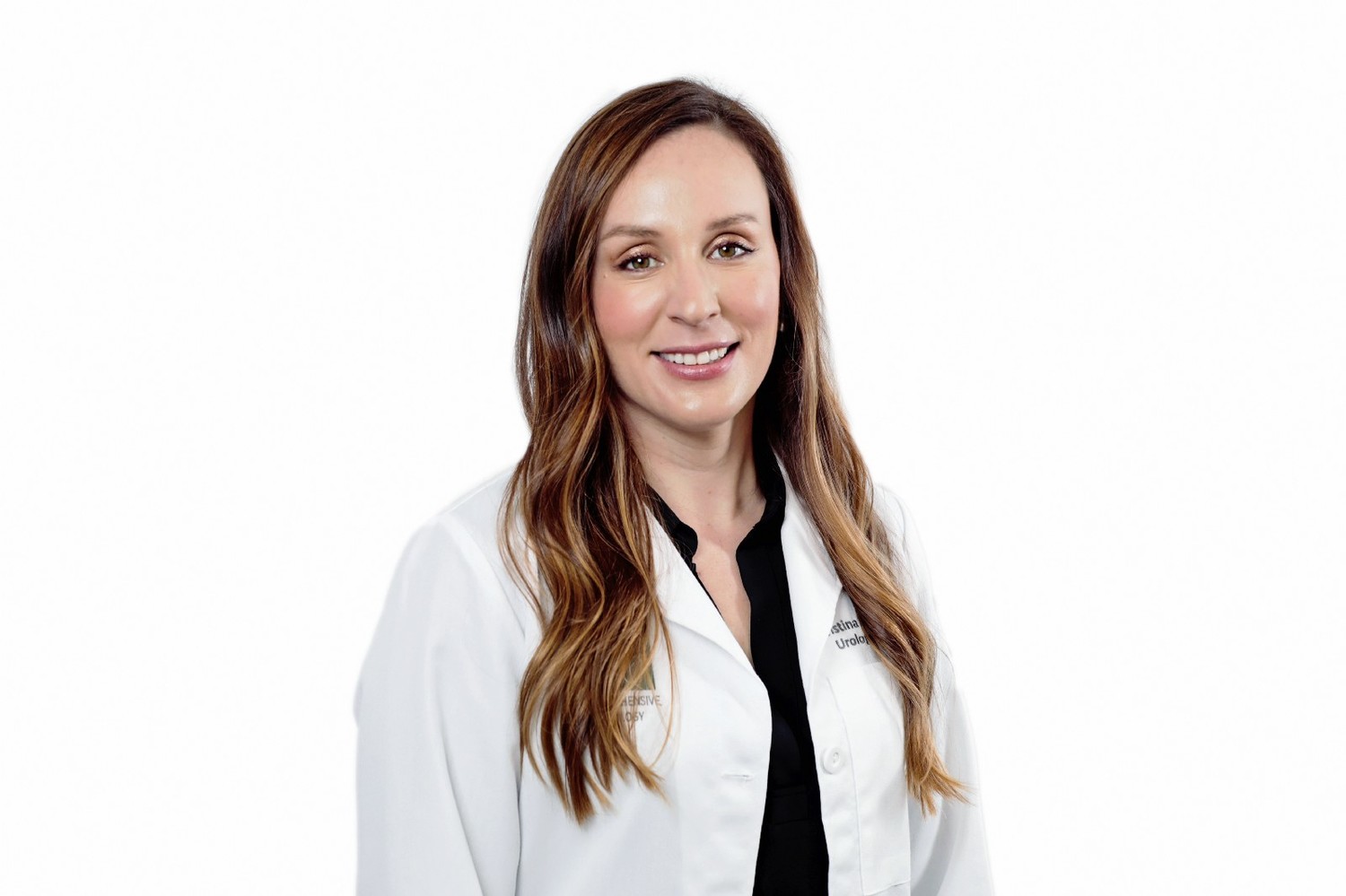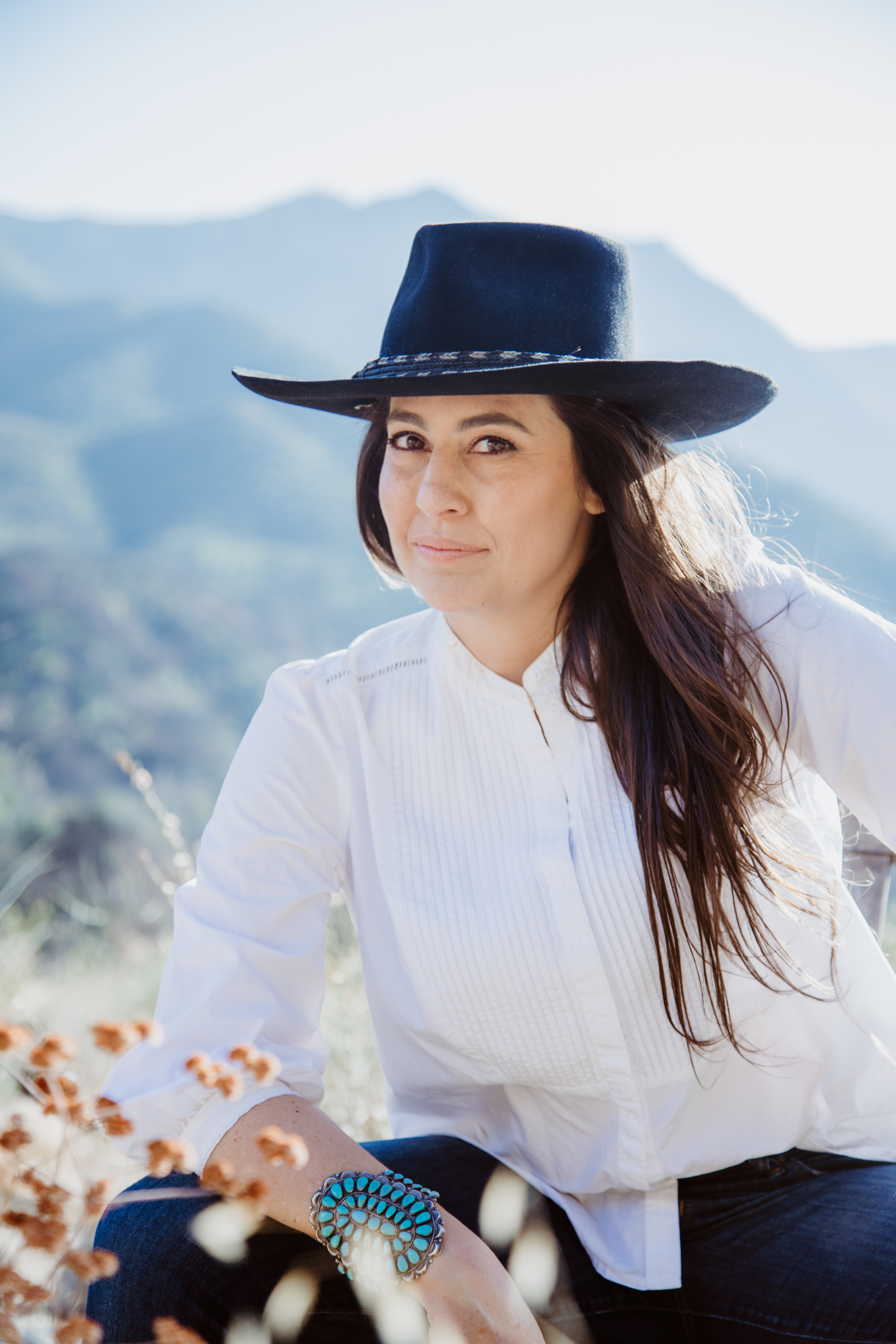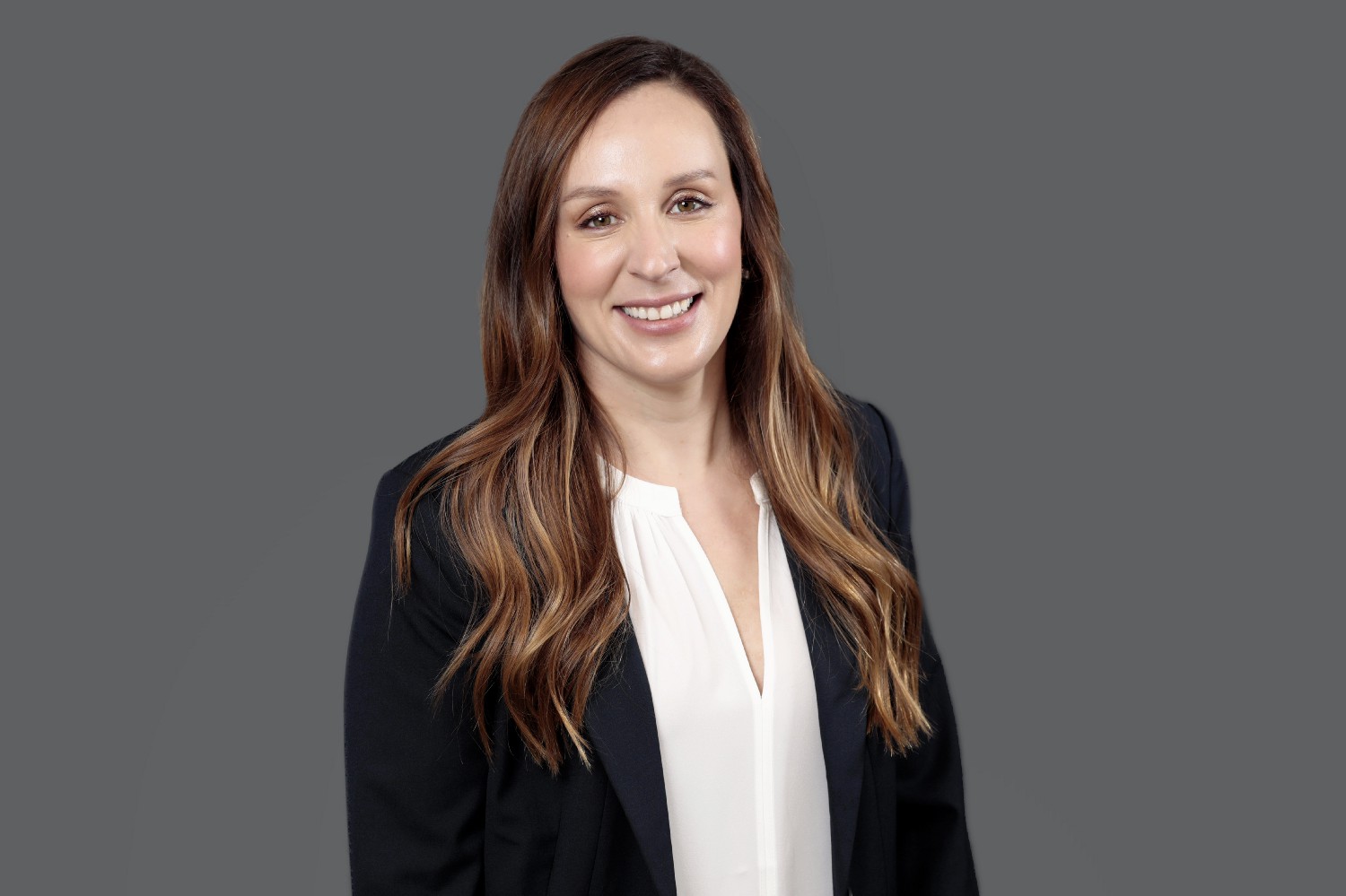I had the pleasure of interviewing Cristina Palmer, a fellowship trained female Urologist in Los Angeles, California. She grew up in a small town in Montana and completed her surgical training at Cook County Hospital in Chicago, Illinois as well as the University of California Irvine.
Thank you so much for joining us! Can you tell us a story about what brought you to this specific career path as a doctor or healer?
My interest in becoming a physician began when I worked as a Victim Advocate at a Rape Crisis Center. I answered calls on the 24-hour support line, as well as accompanied victims of rape during hospital examinations, for police evidence kits. It was my early exposure to patients during their most traumatic and vulnerable time that I saw first-hand the importance of a trusting patient-provider connection with someone who displayed empathy, voiced understanding, and offered support for someone enduring a difficult condition. I feel that female urology offers me the opportunity to afford patients treatments to conditions, such incontinence and pelvic organ prolapse, that are often hidden and embarrassing. I strive to improve patients’ quality of life with solutions to problems that many are told are an expected aging process and told to “just live with it.” I love that I am able to continue my role as a patient advocate today as a specialized female surgeon, for women.
How have your personal challenges informed your career path?
I think that my personal challenges informed by career path by driving me to work harder and find a way to move beyond my setbacks. Although it doesn’t feel like it at the time, I think difficulties along your path are a good thing, to learn from and personally grow. My path to where I am now was not easy, but it made me who I am today and gave me that much more confidence in my abilities.

Can you share your “5 Things I Wish Someone Told Me Before I Became a Doctor”
- Do not be afraid to ask for help. As driven, usually type A personalities, we often feel like we have to “know it all,” but really, no one expects you to know everything. You do not work in a vacuum. Do not be afraid to tell someone you will look up their question. Ask for help and guidance from others around you. You have a wealth of experience, other specialties, and subspecialties surrounding you; they can provide guidance and knowledge!
- It’s ok to break stereotypes. I remember in medical school some male classmates voicing their opinion that a female going into Urology wasn’t smart because “who would want to see a female urologist?” In the end, I have found that both men and women seek me out because I am a female and also, because I am a well-trained Urologist. Some of my best mentors in this field are women, in a specialty which has been traditionally dominated by men. I cannot imagine a better “fit” for me than Urology and I feel so lucky to have the opportunity to work in this field.
- Some days will be hard, but the good days will be even better. In medicine, there will be very difficult days, as medicine is mentally, emotionally, and often physically challenging. However, these days are much less in number than the ones that uplift you and bring you so much joy. Move past the hard days, because there is a wonderful one coming up tomorrow.
- Take time for your own personal health and well-being. It is easy in this field to let work consume you, but it is so important to take time to socialize with friends and family, exercise, eat well, and rest! You cannot be the best for your patients if you are not at your optimal health. Also, getting a dog helps a lot with this.
- Learn from your mistakes. No one is perfect, there will be times when you will make mistakes. The important thing is to own them and learn from them, so you can avoid them in the future.
Social media and reality TV create a venue for people to share their personal stories. Do you think more transparency about your personal story can help or harm your field of work? Can you explain?
I think the transparency provided by social media and reality TV often offers exposure to the lives of those who some may never know anything about. I think many times it can clear up misconceptions about being a female in medicine. However, one always has to be careful about mixing the practice of medicine with social media/TV, as patient privacy issues/HIPPAA are always a consideration and one needs to be cognizant of. In a world filled with transparency and lots of daily life sharing, you need to be careful that you are not sharing someone else’s protected information in the process!
Can you please give us your favorite “Life Lesson Quote”? Do you have a story about how that was relevant to your life?
My grandfather’s favorite quote (and on a mug at our family’s 100 year old log cabin) was, “Tough times don’t last, but tough people do!” It is a quote that I have referred back to through the years of difficult training and work. I feel like my personal resolve has gotten me to where I am today. There is no substitute for digging in and working hard.

You are a person of great influence. If you could inspire a movement that would bring the most amount of good to the most amount of people, what would that be? You never know what your idea can trigger. 🙂
I feel the #metoo movement was invaluable on how society has re-evaluated how women are treated in several aspects of society. This definitely applies to medicine, where women undergo daily discrimination as well. Unfortunately, my female friends in medicine and I all have stories of discrimination and sexism in the workplace. #thisiswhata___lookslike (in my case, #thisiswhatasurgeonlookslike) and #shesanequal are two movements that I fully support and that I am glad are sparking conversation and hopefully inciting change.
How can our readers follow you on social media?
They can follow me on instagram at @dr.palmer_uro
Originally published at medium.com


